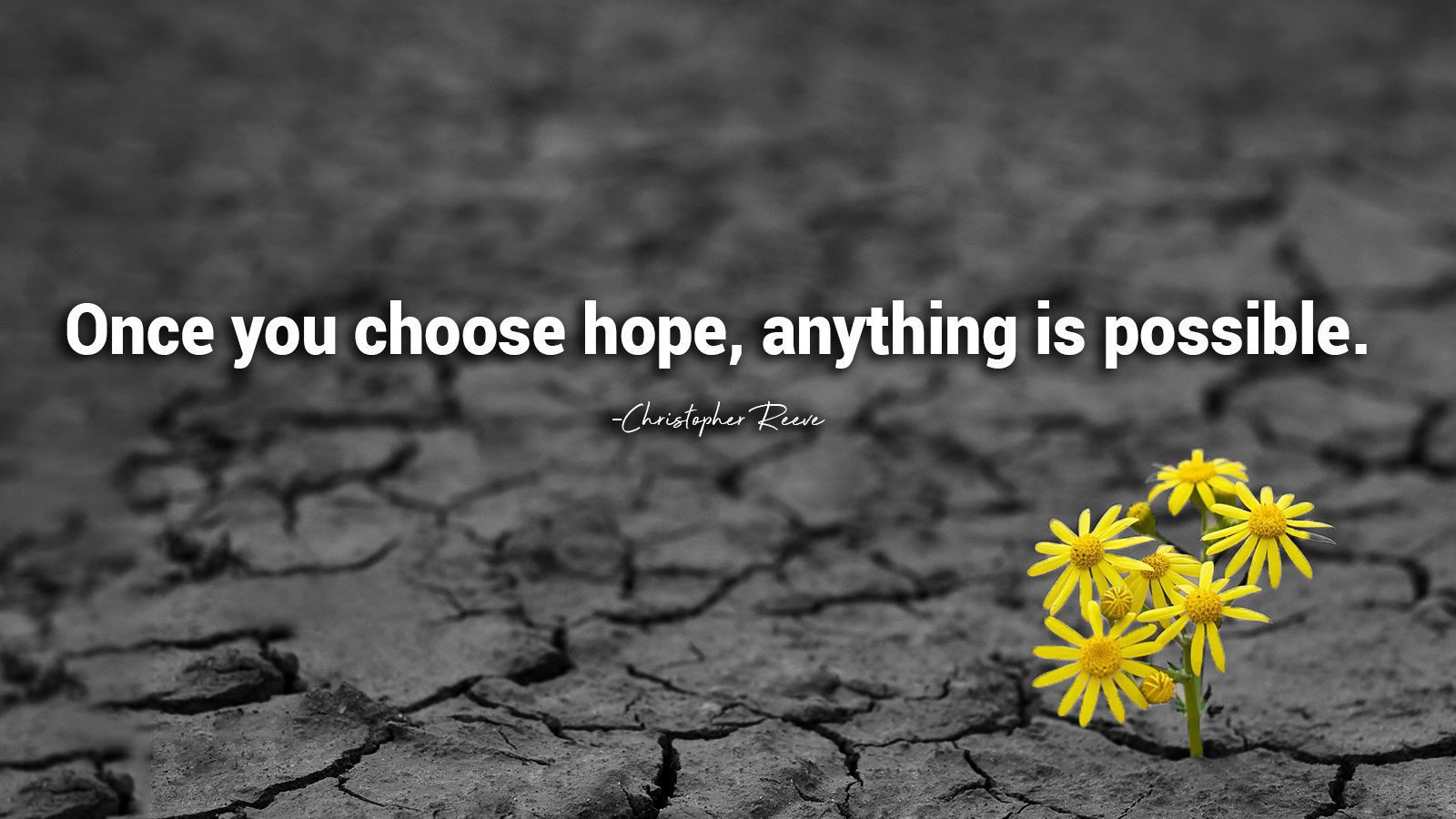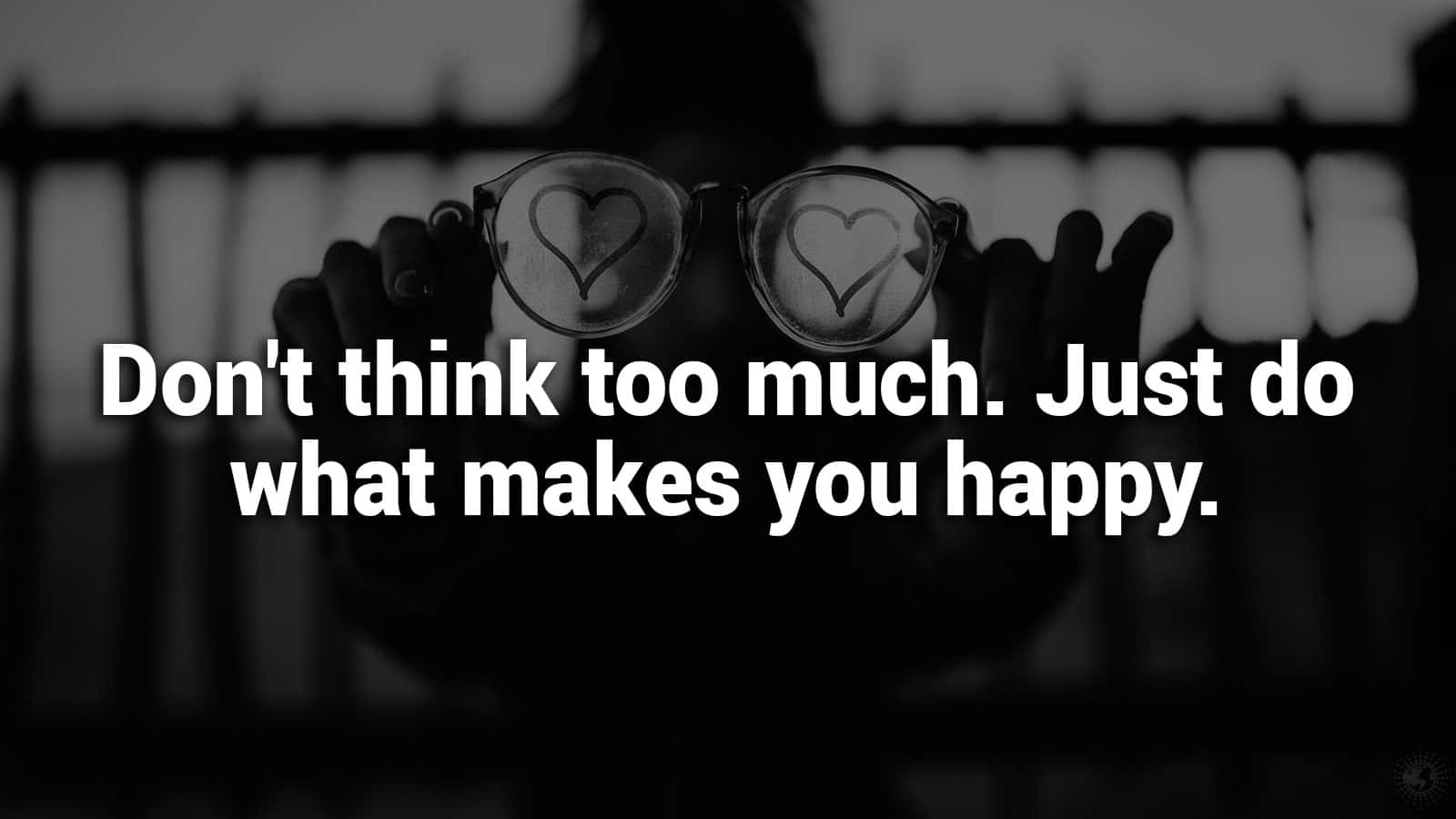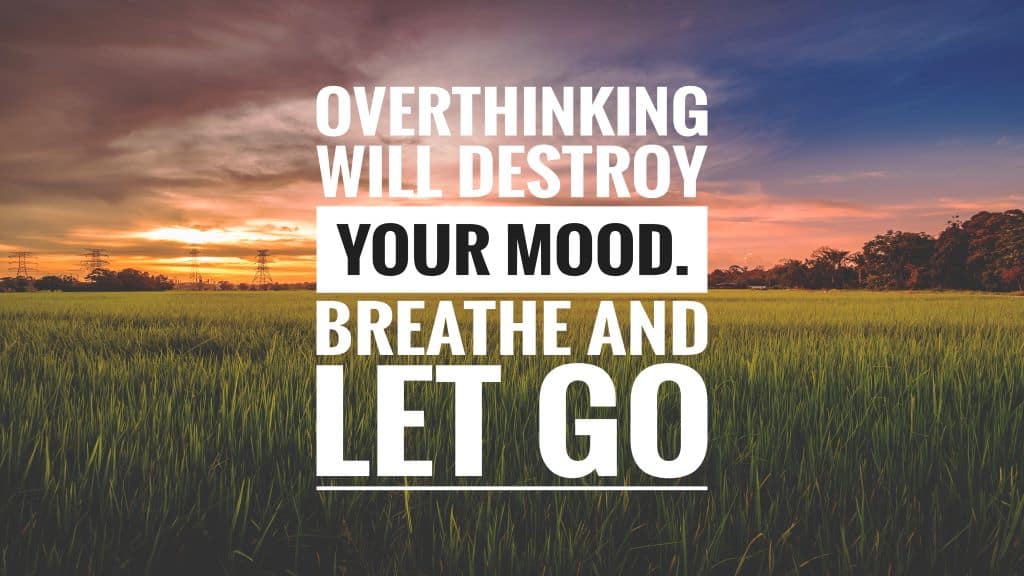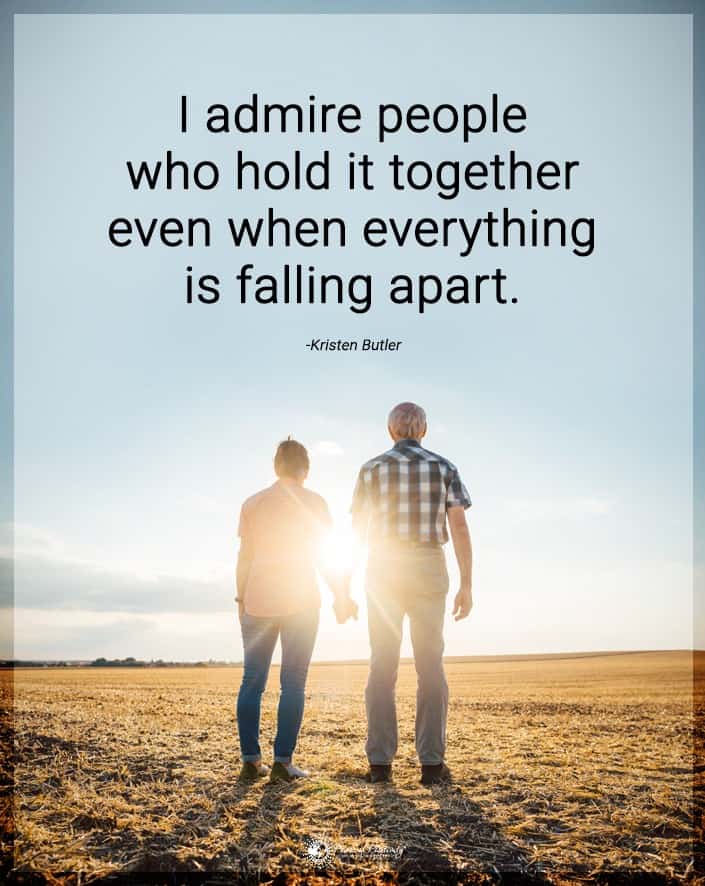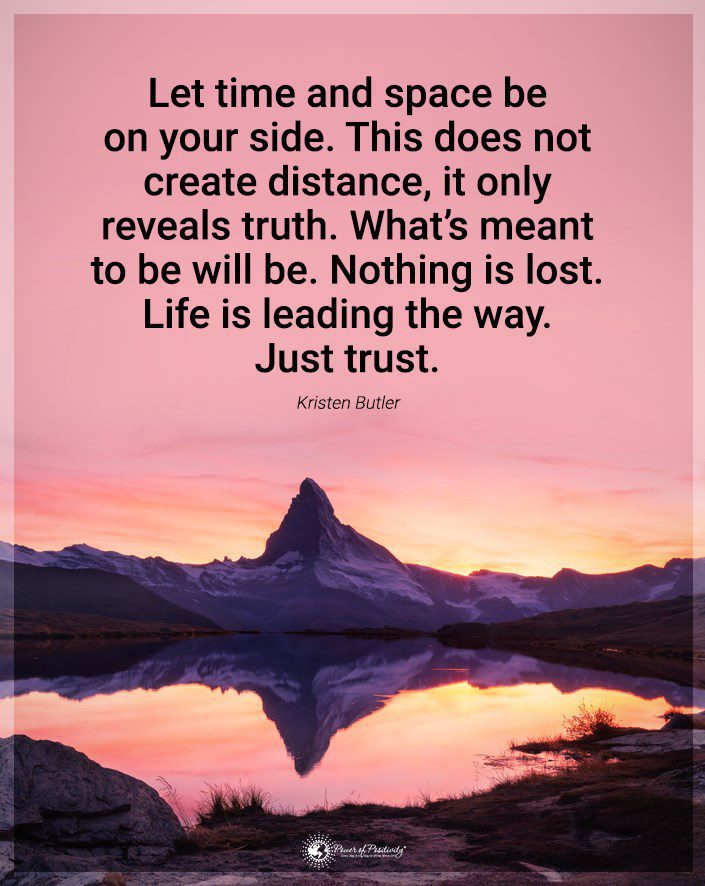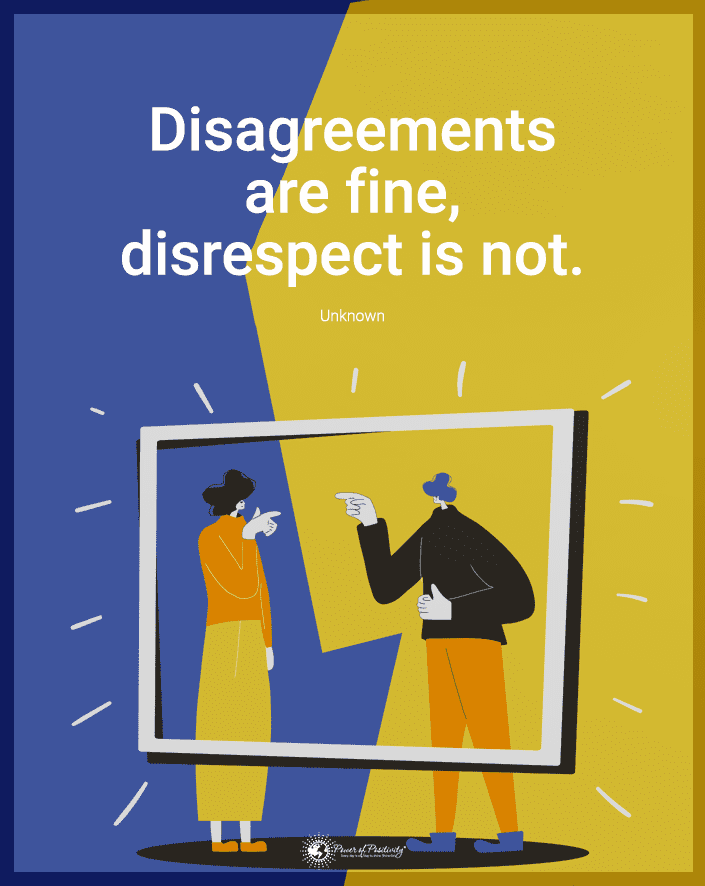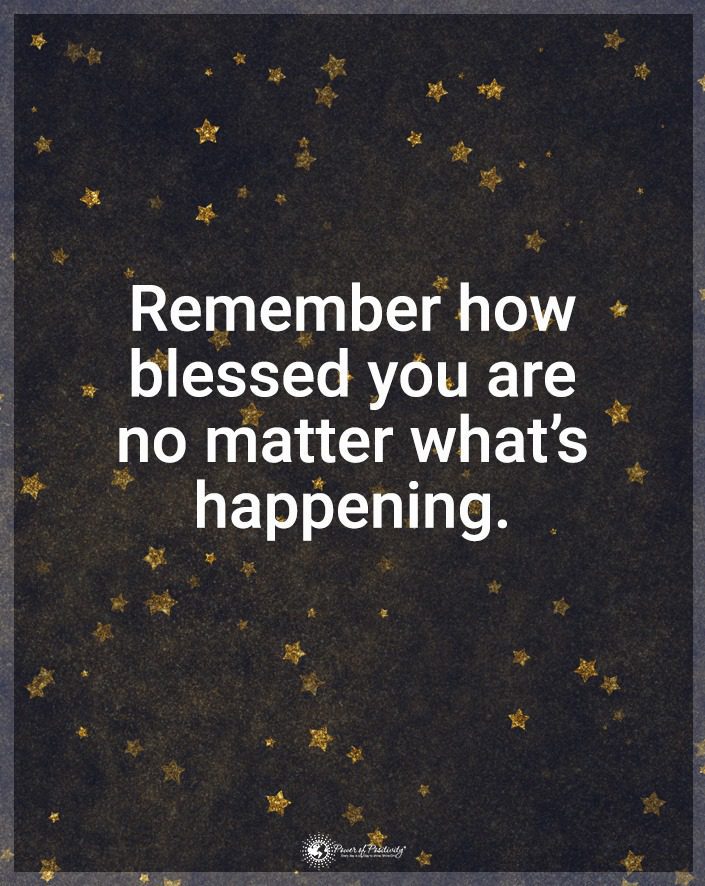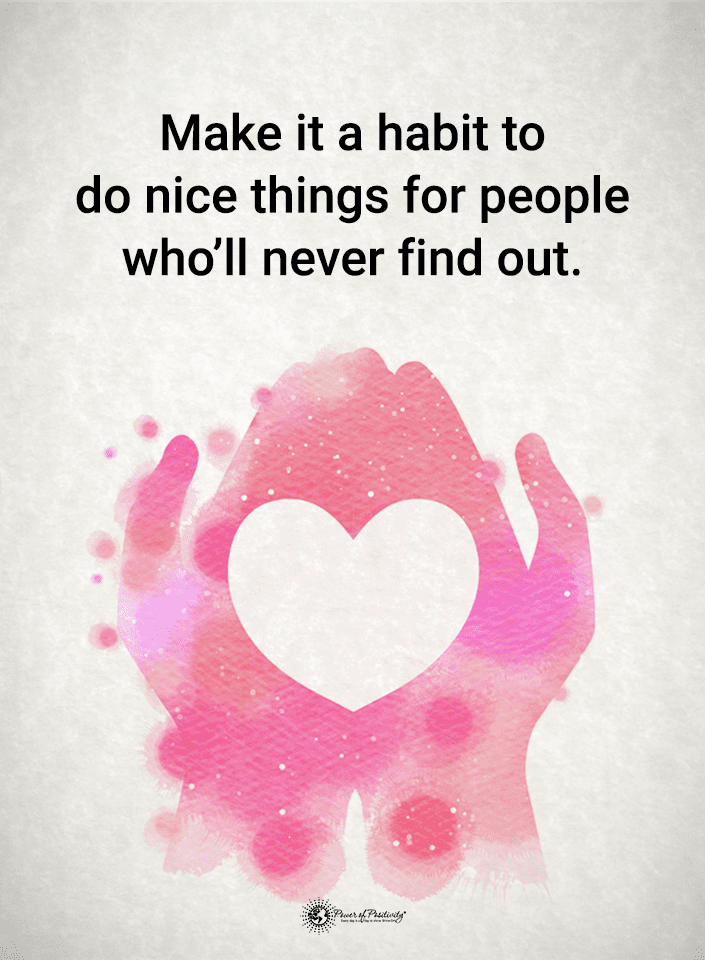You and your partner are already committed to each other and you love doing things together that help you feel even more connected. Strengthening your bond to each other can only help you to grow as a couple. With that in mind, here are seven things that couples need to be doing more.
Seven Things Couples Need To Be Doing More
Do you and your love exhibit these seven behaviors?
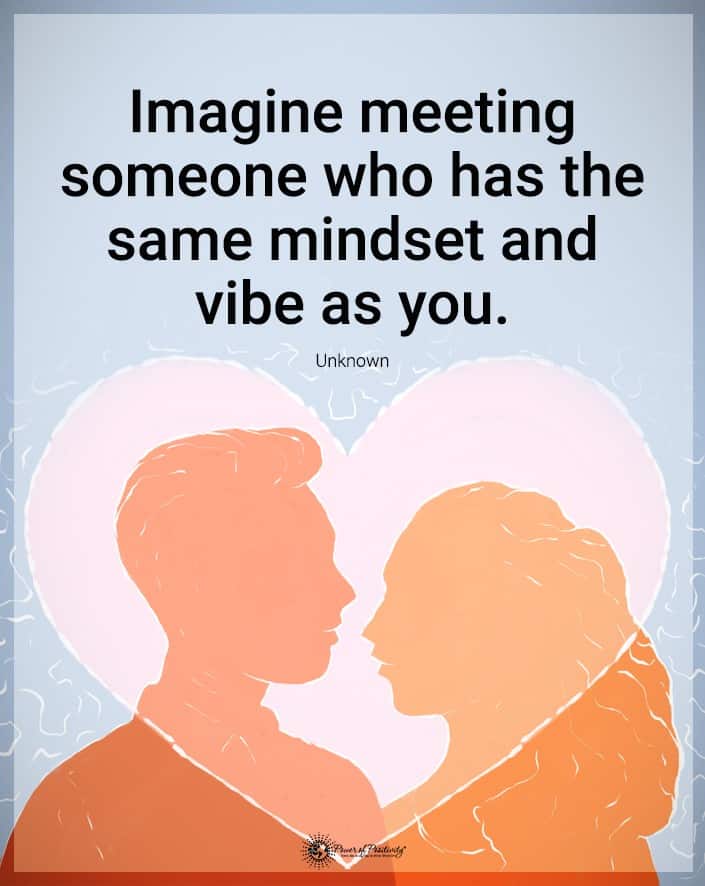
1. Kissing
Of course, you enjoy a nice smooch with your partner. Kissing is a wonderful way to connect with each other or even start something more. Andrea Demirjian, author of Kissing: Everything You Ever Wanted to Know about One of Life’s Sweetest Pleasures, names a few benefits of kissing that will make you want to do it even more.
Demirjian says that kissing can reduce blood pressure. Although heart rate often increases with kissing, blood vessels dilate, reducing the blood pressure. Kissing can help prevent cavities by getting your saliva flowing as well as giving you a mini facelift by working your facial muscles, especially through deep kissing.
Kissing also increases your self-esteem by making you feel loved. This ego boost was studied by Dr. Arthur Szabo, a German researcher who found that men whose wives kissed them before they left for work made more money than those whose wives did not kiss them. A kiss before leaving the house was also correlated with fewer car accidents.
2. Hugging longer than twenty seconds
Hugging comes naturally to couples who are in love, but it gives us many benefits as well. An embrace gives a sense of security and reduces stress. When we hug, we encircle our partner in our arms, which gives them a feeling of protection. This reduction in stress helps our physical health and mental well-being.
Hugging stimulates the release of several neurotransmitters in our brains; serotonin, dopamine, and oxytocin. Dopamine is a pleasure hormone that gives us a good feeling. Serotonin is another naturally produced drug that makes us feel good, reduces pain, and increases feelings of happiness. Oxytocin helps us feel trust and a sense of safety.
3. Listening
We have two ears and only one mouth so we should listen twice as much as we speak, but we rarely do. More often, when our partner is speaking, we are only waiting for our turn to speak rather than listening to what they have to say. Good communication is very important for couples and improving our understanding of each other begins with listening.
Listening is more than just hearing the words that your partner says. When you listen, try to understand your partner. When they have finished speaking, ask yourself, what was the meaning that they were trying to get across? What were they feeling as they spoke? What is important to them? Then ask any questions that you need to that will help clarify their meaning.
4. Cuddling
Both males and females release the “cuddle hormone” oxytocin, in response to cuddling. Oxytocin is linked to positive aspects of pair bonding and it has other fascinating connections as well. Oxytocin is linked to increased trust in strangers, increased eye contact, and also improved ability to accurately interpret subtle facial expressions.
Unlike hugging, cuddling is not defined by arms and bodies connecting in a specific way. Cuddling could be anything from touching foreheads together, leaning against each other, or sitting side by side with an arm around your partner.
The physical closeness of your partner to you is what makes this important to your relationship. Touching is physically intimate. Allowing your partner into your personal space is an act of trust.
5. Forgiving
Mistakes happen and when your partner says “I’m sorry,” harboring resentment will only make you unhappy. Punishing your spouse by withholding forgiveness will eventually eat away at your own inner peace.
Forgiveness releases the tension between you and allows you to start over. You may need a period of rebuilding trust, which can be painful, but you’re starting by accepting that your partner is a human being. Forgiveness is what you would want if you made a mistake, so give your partner this gift.
6. Laughing
They say that laughter is the best medicine and whether or not we need it for healing, we should definitely be laughing more often. You don’t need to perform a comedy routine for your partner, but if you already know how to make them giggle, see if you can increase how often you do it.
Find humor in daily situations and share it with your partner. If you put on two mismatched socks, show your partner your silly mistake and have a laugh at your own expense. Laughter relieves tension and creates an emotional bond of joy with your partner.
7. Saying “I love you”
How often you tell your partner that you love them doesn’t equate to how much you love them, but doing it more will strengthen your bond. Expressing your love out loud is a way of confirming that you care.
More often, you demonstrate your love through your actions, like preparing meals with love or buying your partner’s favorite brand of soap. Actions speak louder than words but don’t forget that words have tremendous power also.
Final Thoughts on Small Signs of Affection Couples Must Show Every Day
These seven things are small actions that loving couples can take to strengthen their relationships. These activities don’t take much time, so see how many you can fit in today. Your partner will love the change and your relationship will enjoy the benefits.


